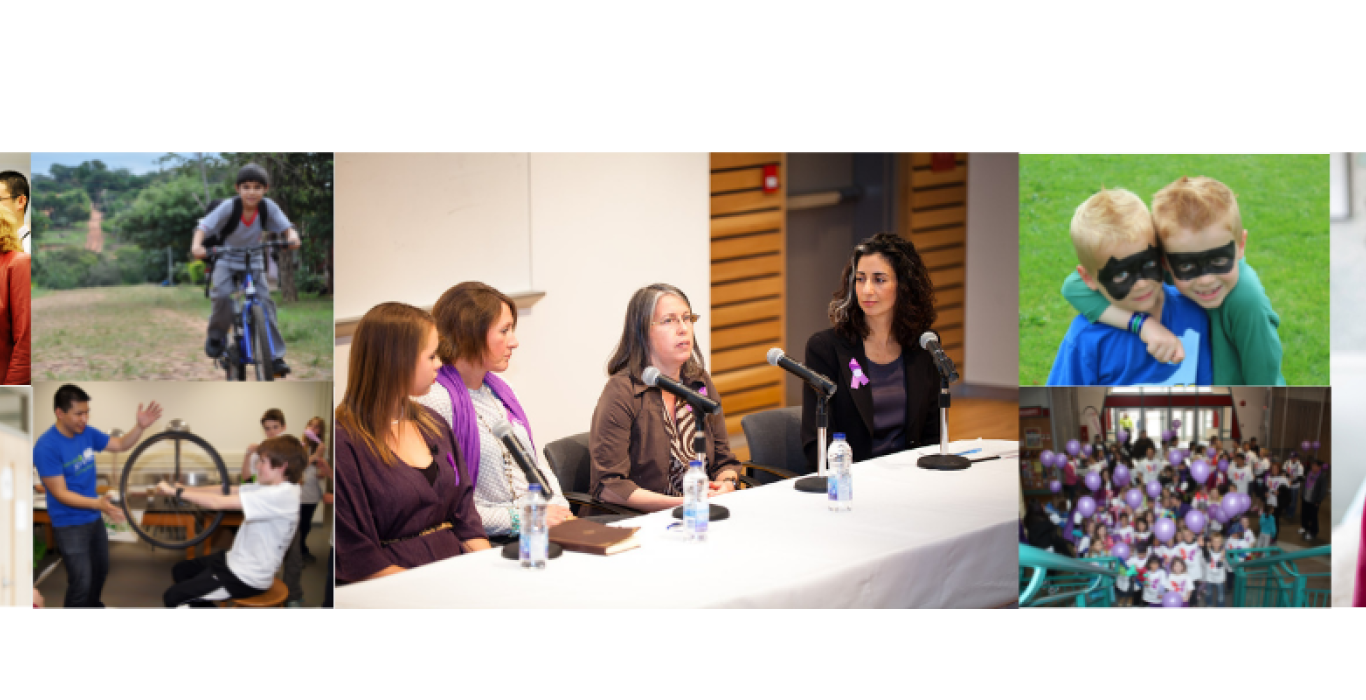Policy priority: Direction and Control of partnerships

Policy priority: Granting to non-charities
After longstanding sector advocacy, legislative amendments in 2021-22 have changed rules that made it difficult for charities to partner with and fund non-charities. Charities can now grant to nonprofits, individuals, grassroots organizations, and other non-charities, ensuring equity-seeking communities have greater access to these funds.
Why it matters
In December 2023, the Canada Revenue Agency released its finalized guidance document, which advises registered charities on how to grant to non-charities. Previously legislation prevented charities from providing funds to non-charities unless they entered into an agreement whereby they exercised “direction and control” over the activities of their non-charity partner. This requirement significantly hindered equitable partnerships between charities and non-charities. Enabling equitable partnerships will ensure that charities are able to respond to complex and ever-changing issues and that communities served by charities are placed on equal footing to co-create solutions.
Did you know?
-
Prior to these legislative changes, charities were only able to work in two ways; by carrying out their own charitable activities or by making gifts to other qualified donees. ‘Qualified donees’ include registered charities, municipalities, and other entities that are able to issue donation receipts. If a charity wanted to partner with and provide resources to any entity that was not a qualified donee, direction and control rules applied.
-
Having charitable or “qualified donee” status is less common for groups in some equity-seeking communities. This results in many equity-seeking groups having less access to charitable funds.
-
Direction and control requirements exist in tension with Canadian international development policy and contemporary international development values (e.g., local ownership and participative and inclusive decision-making.
Our ask was
-
Amend the Income Tax Act to enable charities to establish equal partnerships with non-charities while still ensuring accountability and transparency. This amendment became law in June 2022 thanks to collaborative advocacy from the sector.
Learn more
Canada Revenue Agency, 2023
Imagine Canada, 2023
The Philanthropist, 2022
Imagine Canada and Philanthropic Foundations Canada, 2022
Imagine Canada, 2022
Special Senate Committee on the Charitable Sector, 2019 - recommendation 30
The Pemsel Case Foundation, 2015 - 2019
Cooperation Canada, 2019
Ontario Nonprofit Network, 2021
Advisory Committee on the Charitable Sector, 2021) - recommendation #1
Stay in the know with our policy & advocacy newsletter
What happens in Ottawa impacts your organization, but it can be hard to keep up with it all. The free Early Alert newsletter makes it simple by delivering clear, timely updates on federal political news, tailored for nonprofit professionals.